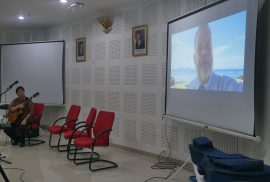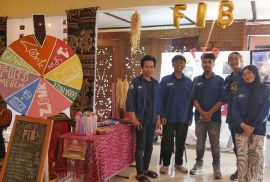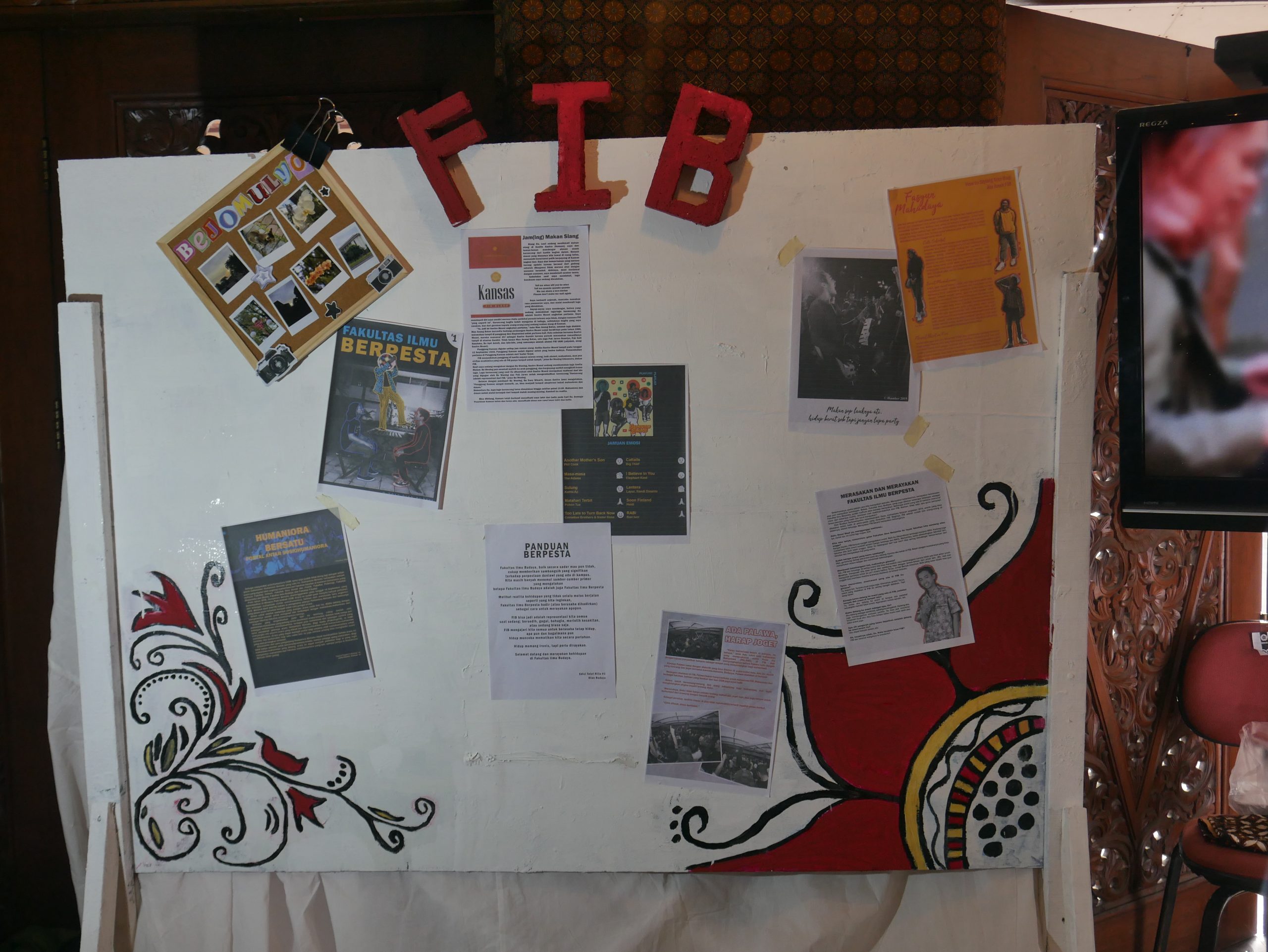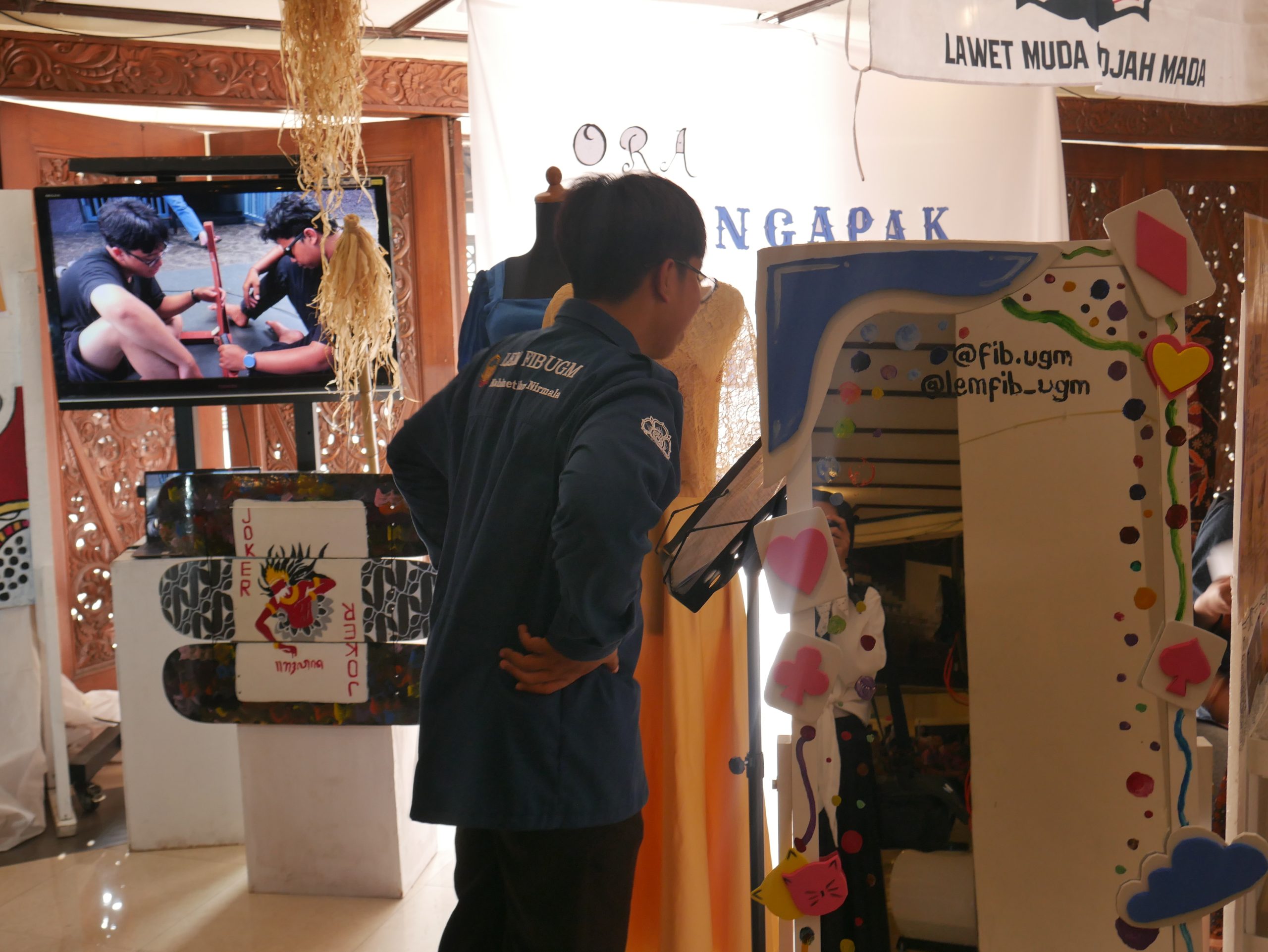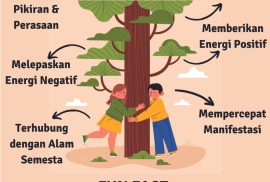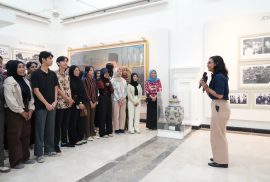KPG Publisher (Kepustakaan Populer Gramedia) together with Palmerah, Yuk!, and Faculty of Cultural Sciences (FIB) Universitas Gadjah Mada have successfully organized a cultural event entitled “Celebrating Indonesian-Chilean Poets’ Poetry: Discussion/Reading/Music Performance”. The event took place at the 7th floor Auditorium of Soegondo Building, Faculty of Cultural Sciences UGM, Yogyakarta on Monday, May 27, 2024 from 3 to 5 pm.
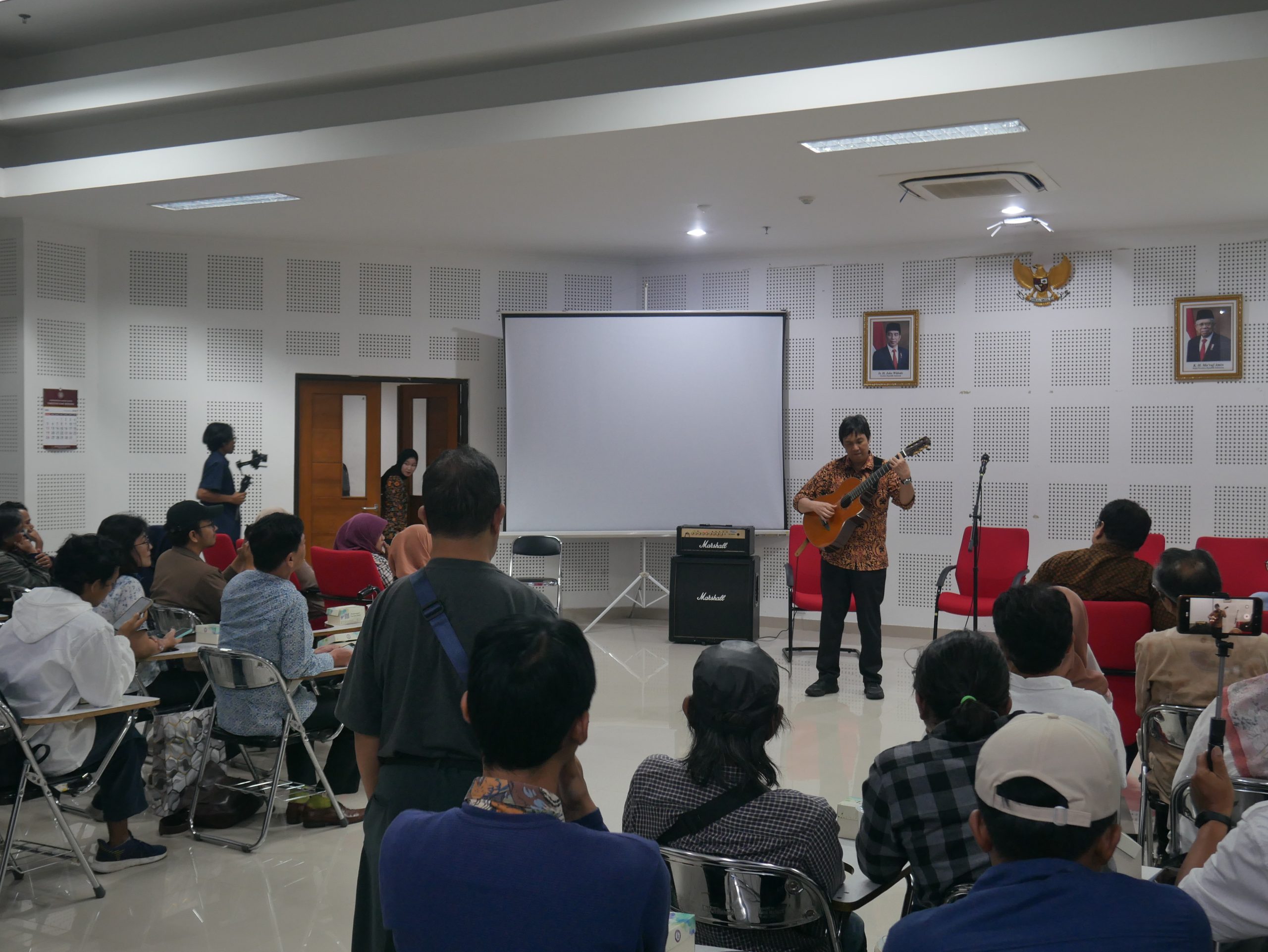
The event was held to commemorate the launch of “Para la Vida: Antologi Puisi Indonesia-Chile”, which is the first poetry anthology that combines the works of Indonesian and Chilean poets. The anthology is the result of a residency program conducted by FX Rudy Gunawan and Afnan Malay in Chile in late 2022, supported by the Directorate General of Culture.
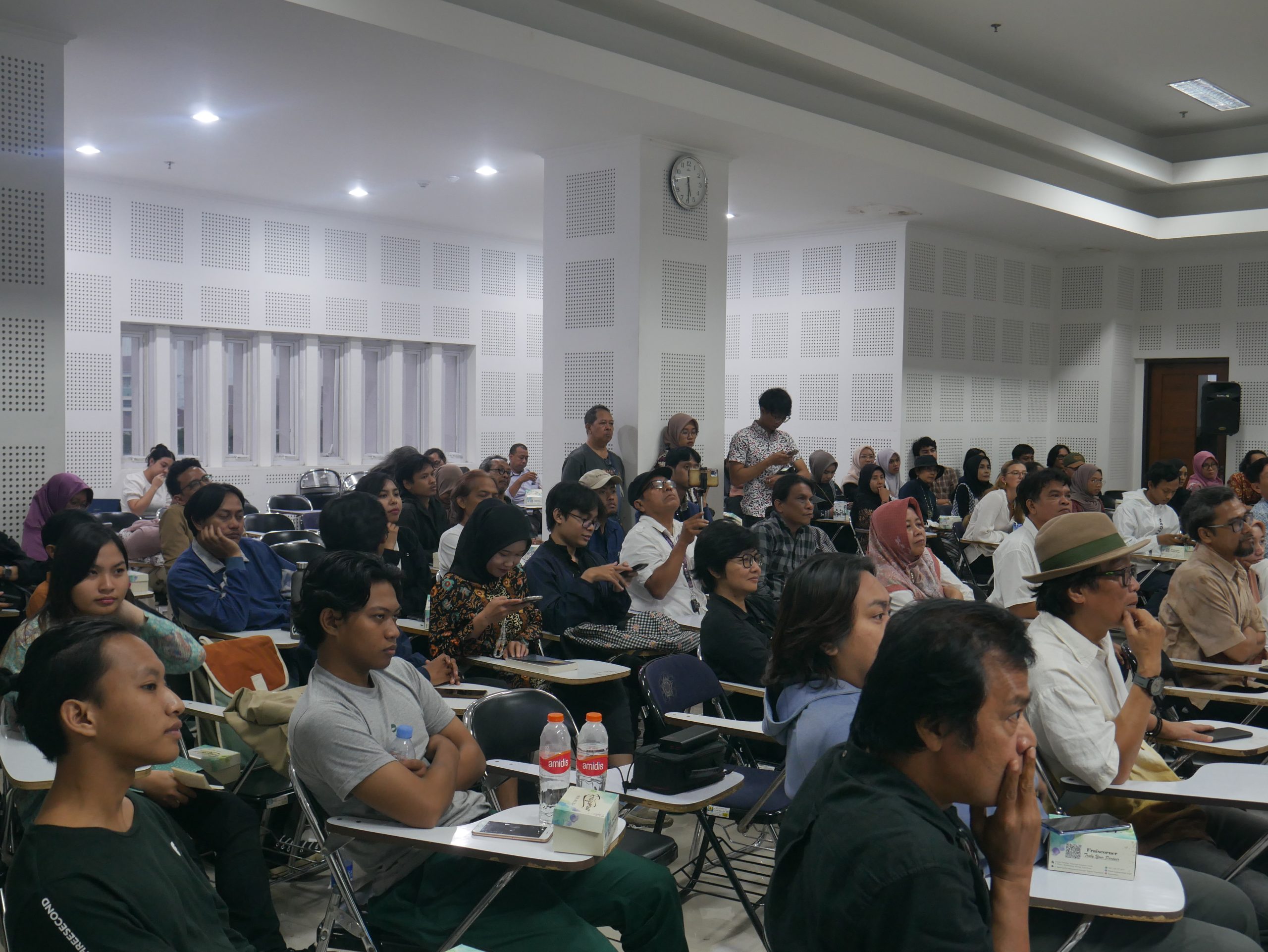
In addition to poetry readings from the anthology “Para la Vida”, the event also included a discussion with Rudy Gunawan, Ramayda Akmal, Annecy NM, hosted by Ni Made Purnamasari. Jubing Kristianto also presented music that responds to one of the poems that tells the story of Victor Jara and a composition about Chile. The event was open to the public and free of charge, so anyone interested could attend the event on the day of the event free of charge.

